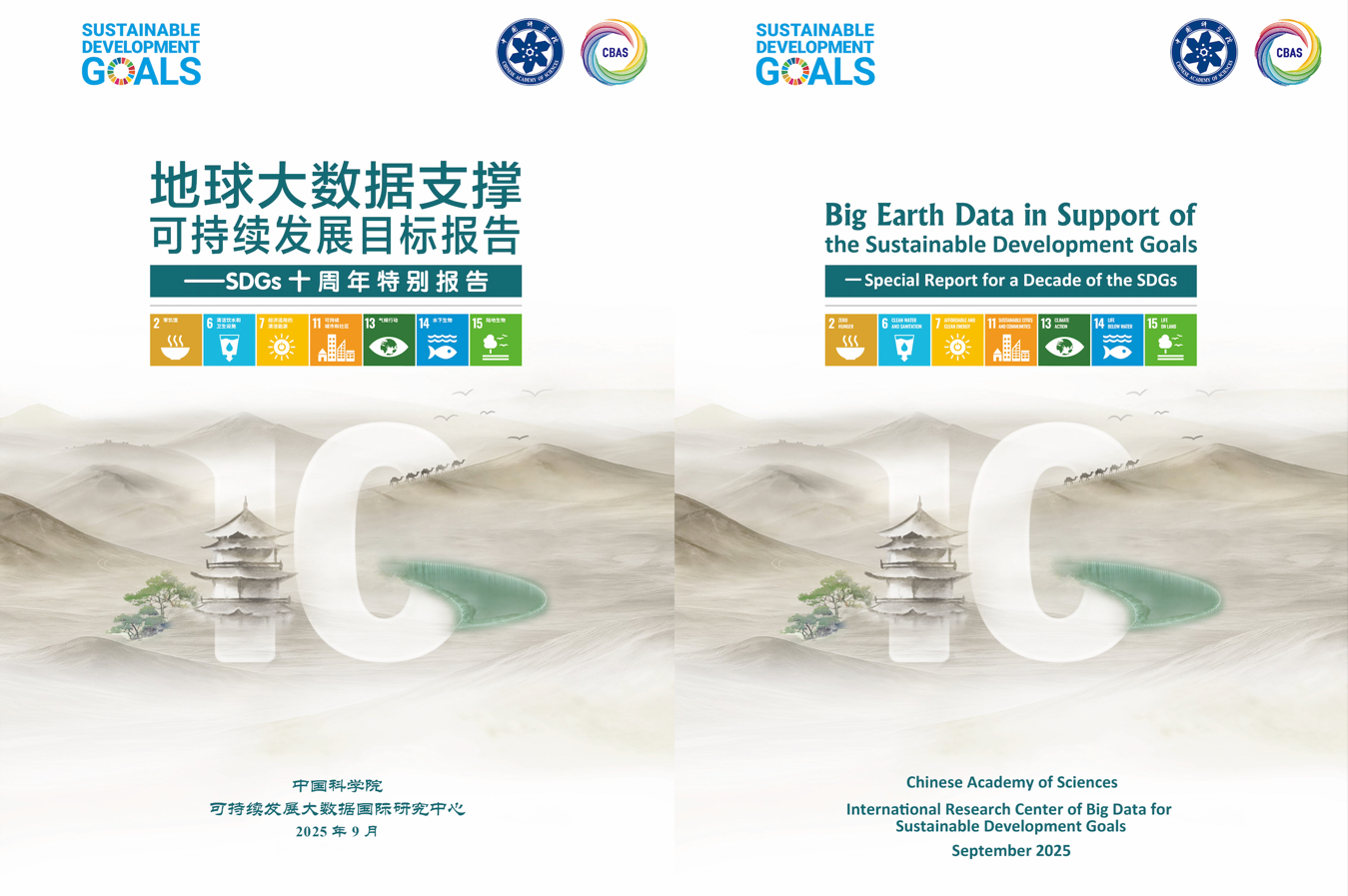
A new report reveals that China is significantly ahead of global averages in achieving the United Nations' Sustainable Development Goals (SDGs). According to the "Big Earth Data in Support of the Sustainable Development Goals: Special Report for a Decade of the SDGs," released on the UN website on September 27, 60.5% of China's tracked indicators are on track or have already met the 2030 targets.
The report, compiled by the International Research Center of Big Data for Sustainable Development Goals (CBAS) in collaboration with over 40 research institutions, assessed global and Chinese progress on the SDGs between 2015 and 2024. It utilizes a combination of remote sensing, ground observations, statistical surveys, and international datasets.
Globally, progress towards the SDGs is lagging. The report found that only 16.9% of monitored indicators are on track to be achieved by 2030. 27 are progressing slowly, 5 have stagnated, and 17 have regressed. Areas of concern include rising hunger, persistent challenges in access to safe water and sanitation, slow progress in clean energy adoption, increasing health risks related to heat, lagging ocean conservation, and worsening land degradation.

The cover of the Big Earth Data in Support of the Sustainable Development Goals: Special Report for a Decade of the SDGs. (Image by AIR)
China, however, demonstrates significant advancement. By 2024, nearly two-thirds of its tracked SDG indicators were close to or had already met the 2030 targets. This progress is particularly evident in the realm of renewable energy, where China accounts for 39% of global wind power installations and a majority of new capacity added in 2024. Furthermore, over 90% of urban residents now benefit from convenient access to public transport, and all provincial governments have proactively implemented disaster reduction strategies ahead of schedule.
Environmental improvements are also noteworthy, with forest cover exceeding 25% (plantations ranking the world's largest), air quality showing significant improvement (PM2.5 levels down 30.2%), a substantial decrease in marine debris (71.13% in 2020–2024 compared with 2015–2019), and water stress eased from 73.3 to 61.7 percent. These advancements are coupled with a remarkable increase in agricultural productivity, which has more than doubled over the decade.
Beyond its borders, China's contributions are also evident. China-Africa cooperation has led to a 15.7% increase in Africa's rice planting area between 2015 and 2024, representing over one-fifth of global growth. Furthermore, Chinese innovation and large-scale production have driven down the investment recovery cycle of photovoltaic power generation, making it competitive with traditional energy sources such as coal and hydropower in approximately 75% of regions worldwide.
"This report provides a scientific summary of the past decade's progress and offers crucial data for informed decision-making in implementing the 2030 Agenda," said GUO Huadong, director of CBAS and a member of the Chinese Academy of Sciences. "We will continue to leverage Big Earth Data to enhance multi-scale monitoring, scenario simulation, and policy optimization, fostering a new scientific paradigm for global sustainable development."
With just five years remaining until 2030, the Report urges countries to expand shared data infrastructure, integrate monitoring with policy simulation, and pursue cross-goal governance in climate, energy, and ecosystems.
Professor Guo Huadong speaking at the press conference for the Report. (Image by AIR)

86-10-68597521 (day)
86-10-68597289 (night)

52 Sanlihe Rd., Xicheng District,
Beijing, China (100864)

